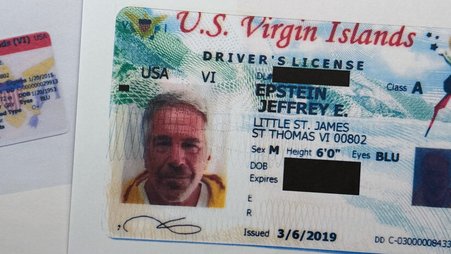This is the second in a series of profiles of independent journalists who use public records to hold local governments accountable. The first, about Lisa Pickoff-White of the California Reporting Project, is available here.
When enterprise and investigative reporter Hannah Bassett arrived in Arizona to report for the Arizona Center for Investigative Reporting, she was looking forward to helping the public understand some of the statewide health disparities affecting local communities through her stories. Just a few weeks into her beat, Bassett filed the first of many public records requests that helped piece together one of the largest Medicaid fraud campaigns in modern U.S. history.
Bassett’s story investigated a deadly scheme created by behavioral health providers who fraudulently billed Arizona’s Medicaid agency for services never provided. The scheme targeted Native American individuals by exploiting a Medicaid plan for which only American Indians and Alaska Natives are eligible, interrupting services and leaving health care and sober living homes with little to no regulation or oversight, with tragic results.
“It was apparent pretty early on that there was going to be a lot of unprecedented elements to this, in terms of what the public records showed,” said Bassett. “They showed there were signs early on that staff noticed and tried to report up escalating claims, which was sort of a canary in the coal mine, and that something wasn’t working.”
Requesting and collecting public records for Bassett’s story was a team effort. Bassett and her colleagues had to refine and amend multiple requests to get a response from the government. Eventually, Bassett said it felt like the Medicaid agency was dragging its feet, so she enlisted the help of the Reporters Committee for Freedom of the Press to send a demand letter and ultimately obtain records that pieced together a timeline.
Hannah Bassett“It’s understandable that some information coming out might not be in an agency’s interest, but that doesn’t mean it’s not in the public’s interest.”
“In Arizona, the public records statute allows for the state agencies to claim an exemption if a record is in the state’s interest to withhold,” Bassett said. “It’s understandable that some information coming out might not be in an agency’s interest, but that doesn’t mean it’s not in the public’s interest.”
Investigative reporting isn’t just about public records — it’s about trust. To build that trust among the Native communities she was covering, Bassett shadowed local Indigenous advocates in their outreach to individuals facing housing and food insecurity and leaned on her reporting partner, Mary Hudetz, who provided an essential perspective as an Indigenous person herself. Weaving Hudetz’s public records reporting on the death toll in these communities with the internal agency records Bassett obtained helped humanize and ground the story for readers.
“If it were just my line of reporting, that would have been really dry and hard for people to latch on to,” Bassett said. “Ultimately, being able to come out with that story that felt very complete with both sides and having stuck on the story long enough to get those records felt like a real win.”
Bassett’s interest in journalism piqued after a narrative and documentary class her senior year of college. She ultimately decided to pursue a reporting career and received her master’s degree from Stanford University’s journalism program, which puts emphasis on using data to tell stories.
“I was trying to find that balance of writing about issues that I felt were in the public’s interest, trying to break down complex policy matters to help the public understand what that meant on a more individual or community level,” Bassett said. “I had experience using public records requests already, and knowing how to use some programming languages and data analysis skills was going to help me know what to do with big sets of government data that I might get from an agency.”
Bassett is now based in Burlington, Vermont, where she covers the state legislature for an alternative, independent newspaper, Seven Days.





